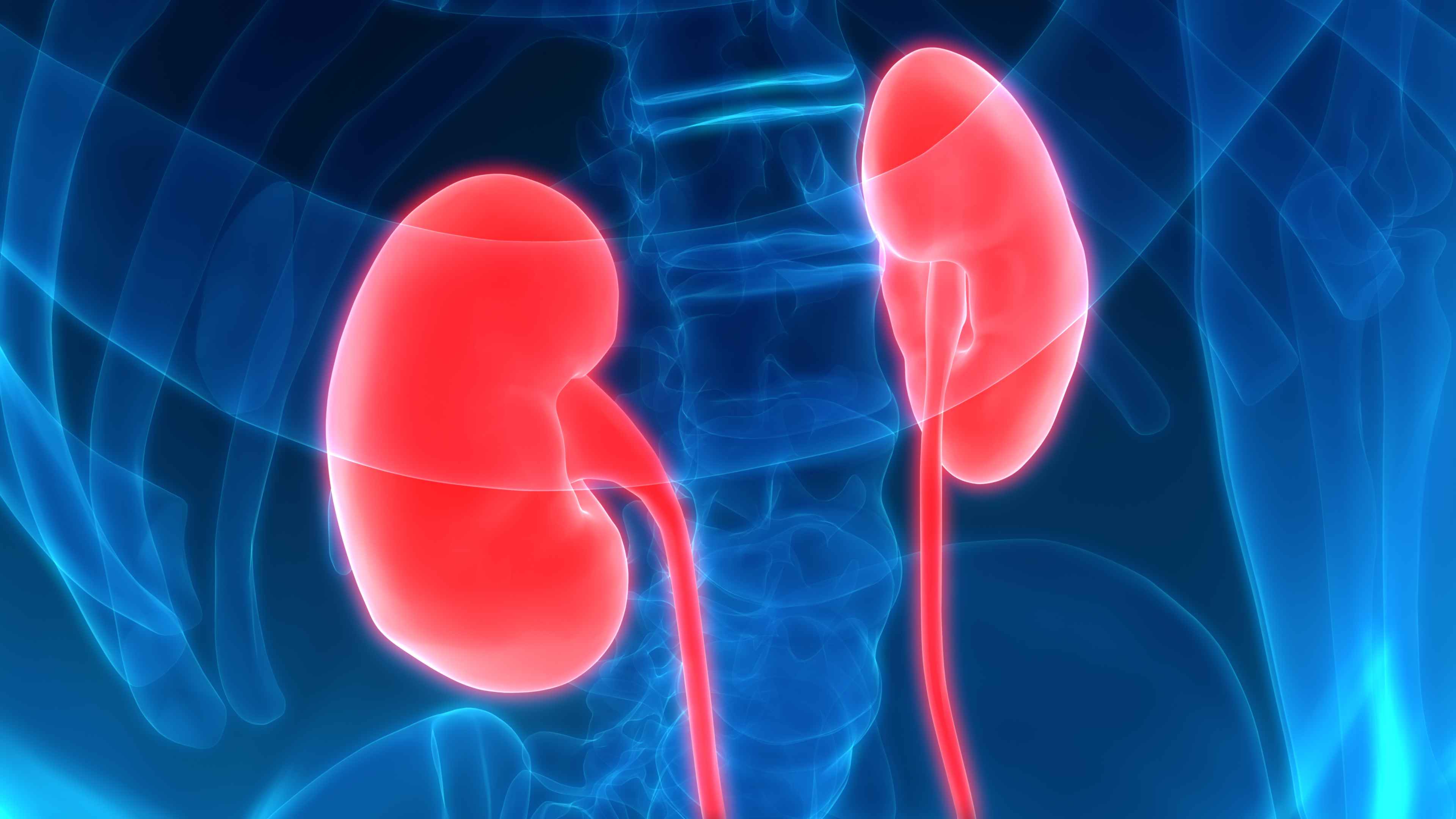Over $2 Million to be Awarded to Innovative Dialysis Solutions
The US Department of Health and Human Services (HHS) and the American Society of Nephrology (ASN) are awarding monetary prizes to people that come up with innovative solutions to prevent, diagnose, and treat kidney failure. Anyone is welcome to enter the competition, which is called Kidney Innovation Accelerator (KidneyX), and it is broken up into two phases. The hope is that the contest will generate and expedite new technologies, concepts, or expertise that have not been introduced in the realm of chronic kidney disease. Contest Deadlines and Prize Details Submissions will be accepted from October 2018 until February 2019 for phase [...]








